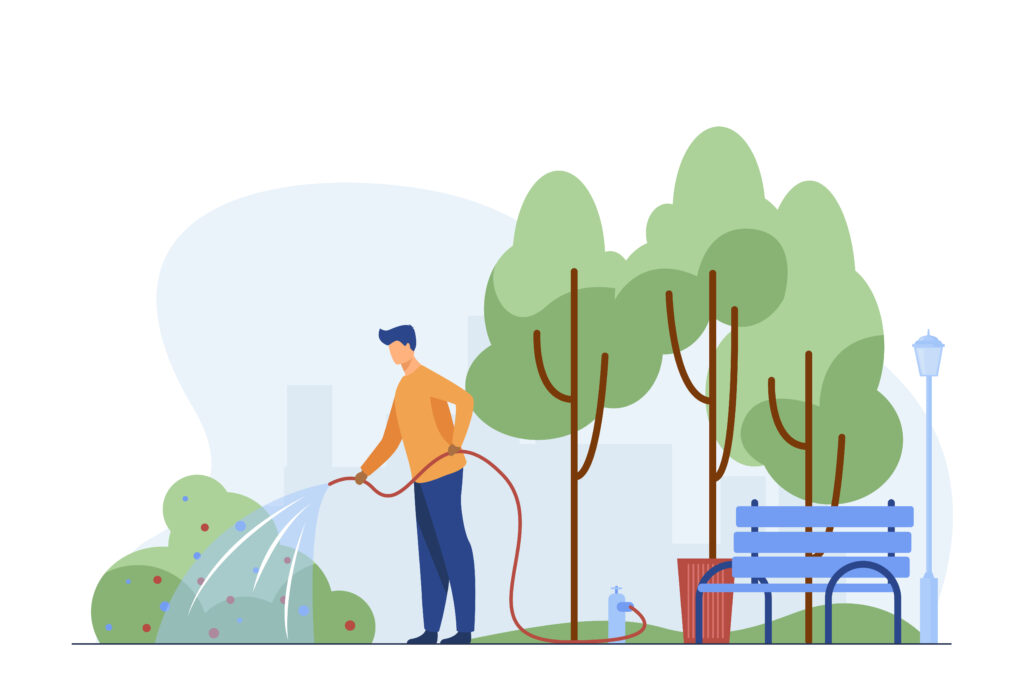Urban green spaces are an excellent way of rethinking nature in the city. These spaces bring with them a host of benefits and are rapidly developing. One example is the Lille region, which is taking full advantage of all these benefits.

Ecological and biodiversity-friendly
Sustaining the environment is a key challenge for any city. Urban policies now incite neighbourhood residents, through community associations, to adhere to maintaining a local structure to monitor, in the long term, all green space initiatives.
Lille is a pioneer in this field and has been encouraging green space initiatives since 1995. The most recent examples include a participative planting project where local schoolchildren and residents created a micro urban forest in Porte d’Arras in 2020. The projects are sometimes independent, such as the French Bird Protection League’s project which planted 2,500 trees in the Faubourg de Béthune district in November 2021, with the help of 300 local residents.
The Lille Low Carbon Pact has also been set up to involve those in the professional sector who are involved in urban landscape planning.
Landscaping and health benefits
These facilities help to slow down the frantic pace of city life which city dwellers often find themselves subjected to.
There is now a whole category of scientific research which proves the link between being in contact with nature and human health.
Several areas have been studied and the following effects proven:
- nature encourages outdoor activities
- green spaces improve mental well-being
- contact with nature provides therapeutic health benefits
Increasing scientific evidence is gradually confirming these positive and beneficial hypotheses.
To go further :
- Lille Low Carbon Pact
- CAIRN article about the link between being in contact with nature and human health
Article updated on 21/09/22
